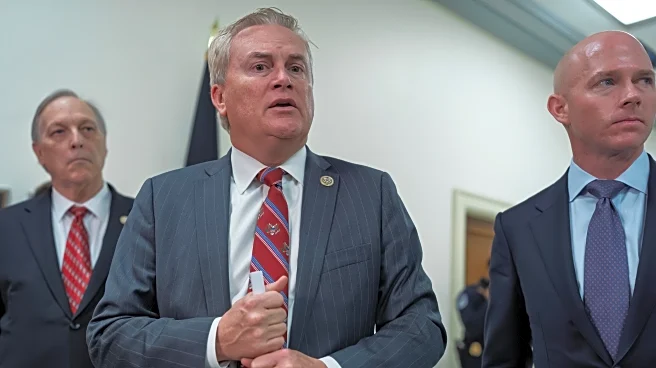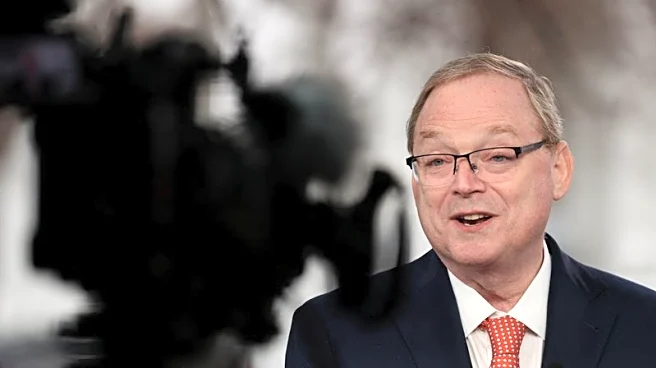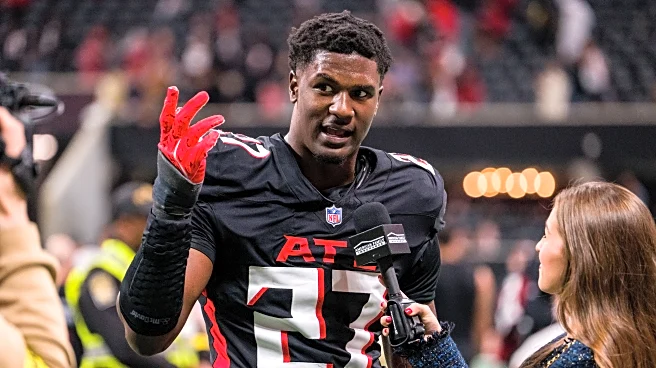What is the story about?
What's Happening?
The 'slow fade' is emerging as a prevalent dating behavior, characterized by a gradual reduction in communication and effort, leading to the eventual end of a relationship. Unlike ghosting, which is abrupt, the slow fade involves a drawn-out process that can be psychologically taxing due to its ambiguity. Relationship experts Natassia Miller and Lilith Foxx explain that this behavior often stems from conflict avoidance and discomfort with direct communication. They advise individuals experiencing a slow fade to initiate honest conversations to seek clarity and establish boundaries.
Why It's Important?
The slow fade can lead to emotional distress and confusion for those on the receiving end, impacting their self-esteem and trust in future relationships. Understanding this behavior is crucial for fostering healthier communication and relationship dynamics. It highlights the importance of direct communication and setting boundaries, which are essential for maintaining strong and respectful relationships. This awareness can also encourage individuals to reflect on their own dating behaviors and strive for more ethical interactions.
What's Next?
Individuals experiencing a slow fade are encouraged to address the issue directly with their partners to gain clarity and make informed decisions about the relationship. Relationship experts may continue to educate the public on the importance of communication and transparency in dating. As awareness grows, there may be a shift towards more direct and respectful dating practices, reducing the prevalence of the slow fade.


















